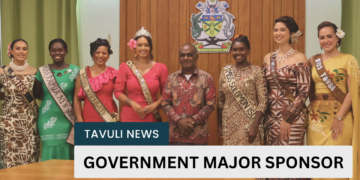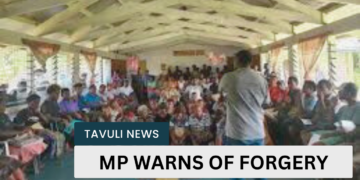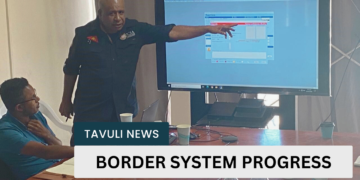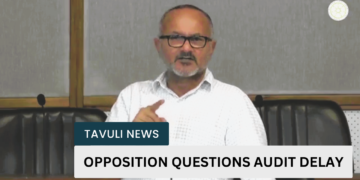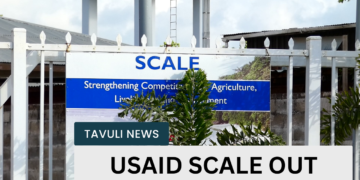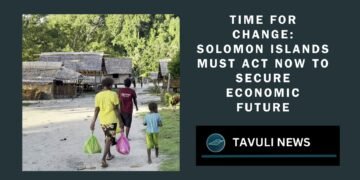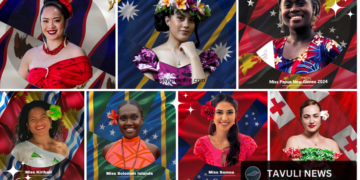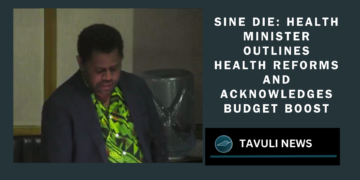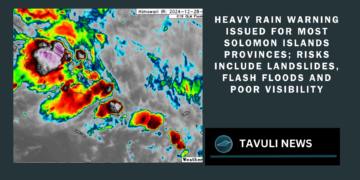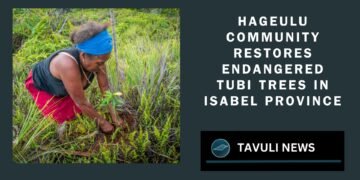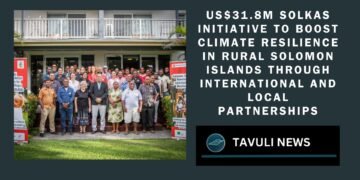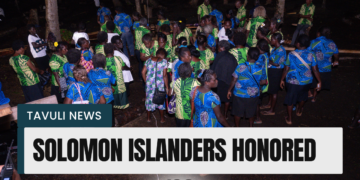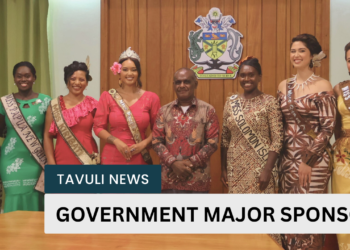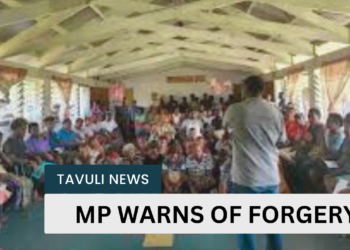Fiji Minister Lynda Tabuya warns of alarming rise in tech-facilitated gender-based violence and increasing digital harassment issues
By Netani Rika – Majuro, Marshall Islands
WOMEN and children have become increasingly exposed to sexual violence as technology becomes more widely available throughout the Pacific. With greater connectivity -ostensibly through mobile phone networks – digital violence has made a worrying rise.
Fiji’s Minister for Women, Children and Social Protection, Lynda Tabuya, told delegates at a regional conference here that the rise of technology-facilitated gender-based violence had made communities vulnerable.
Tabuya said island populations had become digitally vulnerable and this was manifested in online sexual harassment, cyber-stalking and bullying, along with non-consensual dissemination of intimate images.
The 15 th Triennial Conference of Pacific Women heard that Artificial Intelligence had led to an increase in deep fake pornography including the transposition of faces on pornographic images and videos.
“Women and girls in all their diversity can only be truly safe when they are equal partners in society, treated with respect and dignity, and afforded the same opportunities and resources as men and boys,” Tabuya said. “This is the crucial and key step to stopping gender-based violence before it begins.’’ Fiji Police have identified pornography as an area of critical concern, with children as young as 10 years old watching and copying sexual activities from their parents’ phones. Fiji’s youngest pregnancy, recorded last year, was a 10-year-old girl who had sex with a boy aged 13.
In November 2023, Fiji’s Parliament was told that consumers used 626.13 terabytes of data in the preceding three months to access pornography through one of the country’s two digital service providers. The amount of data used was comparable to the content of 100 million books.
Data for other Pacific islands is not readily available but the Majuro triennial recognized that the use of data to access pornography was increasing across the region. In turn this has led to increased violence against women, girls and children. Several delegates have called for concerted regional and national efforts to curb physical and sexual violence, including policy and advocacy. Tabuya said the changing narrative on violence against women and children in the region demanded effective approaches and partnerships. “It requires us to ask critical questions, be flexible and engage in informed deliberation to ensure that our efforts are impactful and sustainable,’’ she said.
The triennial conference was held from 22 – 24 July, followed by the 8th Meeting of Pacific Ministers for Women on 25 July and the Pacific Islands Forum Women Leaders Meeting on 26 July.
*Netani Rika is a veteran Pacific journalist.


